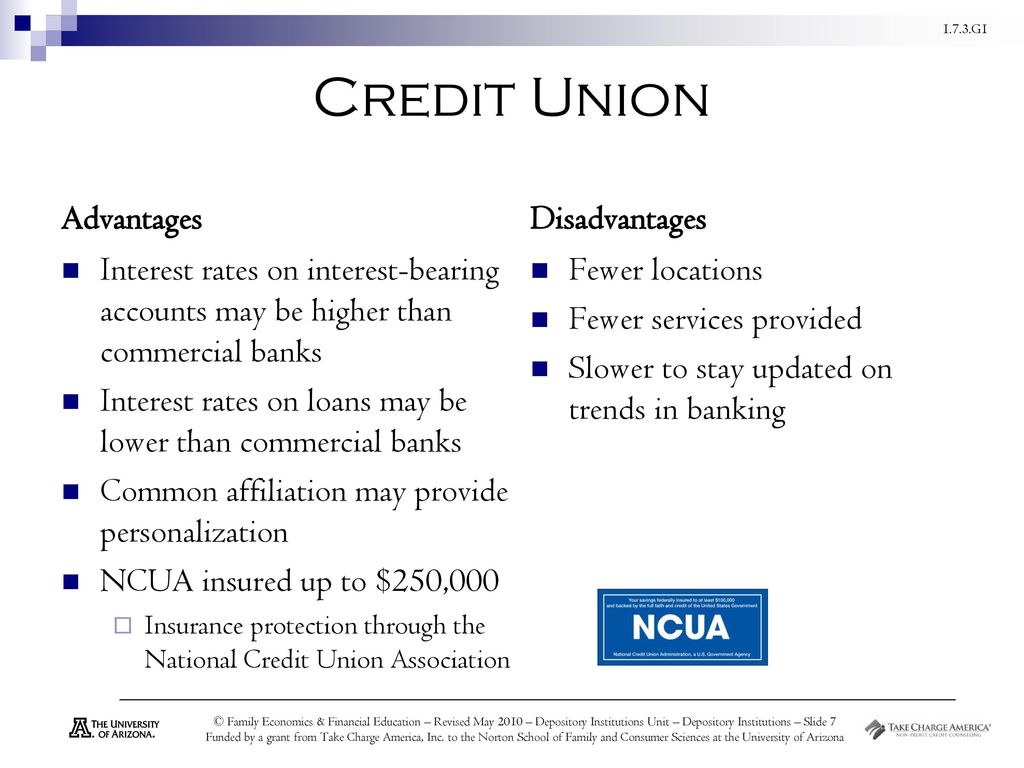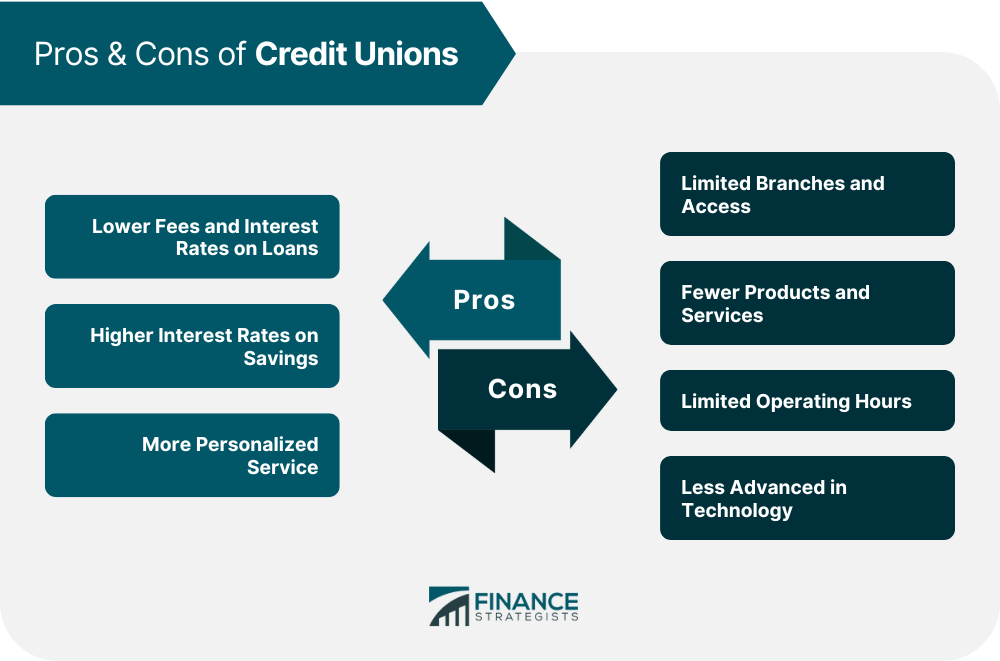Wyoming Credit Union: Trusted Financial Solutions for every single Requirement
Wyoming Credit Union: Trusted Financial Solutions for every single Requirement
Blog Article
The Ultimate Overview to Comprehending Lending Institution

Credit history unions stand as special monetary entities, rooted in principles of mutual support and member-driven procedures. However, past their fundamental values, comprehending the elaborate workings of lending institution involves a much deeper expedition. Unraveling the intricacies of subscription qualification, the evolution of solutions used, and the unique advantages they bring calls for a detailed evaluation. As we navigate via the ins and outs of cooperative credit union, an informative journey waits for to clarify these member-focused institutions and just how they differ from conventional banks.
What Are Credit Report Unions?
Lending institution are member-owned banks that offer a variety of banking services to their participants. Unlike standard banks, credit unions operate as not-for-profit organizations, suggesting their primary emphasis gets on offering their participants rather than taking full advantage of profits. Members of a lending institution normally share an usual bond, such as helping the same employer, coming from the exact same community, or becoming part of the exact same company.
Among the crucial advantages of lending institution is that they often use greater rate of interest on financial savings accounts and reduced rate of interest on loans compared to financial institutions. Wyoming Credit Union. This is because lending institution are structured to benefit their participants straight, permitting them to hand down their earnings in the kind of much better rates and less costs. Furthermore, lending institution are recognized for their individualized client service, as they prioritize constructing connections with their members to recognize their special financial demands and goals
Background and Development of Lending Institution
The roots of member-owned economic cooperatives, understood today as credit scores unions, trace back to a time when areas looked for alternatives to typical banking establishments. The idea of credit scores unions originated in the 19th century in Europe, with Friedrich Wilhelm Raiffeisen usually attributed as the pioneer of the participating banking activity. Raiffeisen founded the very first recognized cooperative credit union in Germany in the mid-1800s, stressing community assistance and self-help concepts.
The evolution of lending institution continued in The United States and Canada, where Alphonse Desjardins developed the initial lending institution in Canada in 1900. Quickly after, in 1909, the very first U.S. debt union was created in New Hampshire by a team of Franco-American immigrants. These early cooperative credit union run on the essential principles of shared aid, autonomous control, and member ownership.
In time, lending institution have grown in popularity worldwide as a result of their not-for-profit framework, emphasis on offering participants, and offering competitive monetary products and services. Today, cooperative credit union play a vital role in the financial industry, offering community-oriented and accessible banking options for organizations and people alike.

Subscription and Qualification Requirements
Subscription at a credit scores union is generally restricted to people satisfying details eligibility requirements based on the institution's founding concepts and regulatory demands. Some credit unions might only serve people that work or live in a specific area, while others may be customized to workers of a specific business or members of a certain organization.
In addition, lending institution are structured as not-for-profit organizations, meaning that their primary objective is to serve their members instead of produce profits for investors. This emphasis on member service typically equates into more tailored interest, lower costs, and affordable rate of interest on cost savings and car loans accounts. By meeting the qualification criteria and coming to be my blog a member of a cooperative credit union, people can access a variety of economic products and solutions tailored to their details requirements.
Providers and Products Provided
One of the essential elements that establishes credit report unions apart is the diverse variety of economic services and items they offer to their participants. Credit rating unions commonly offer typical banking services such as financial savings and checking accounts, financings, and credit history cards.
Additionally, debt unions typically offer practical online and mobile banking choices for members to easily handle their funds. They might use advantages such as common branching, enabling members to access their accounts at other lending institution throughout the country. Some cooperative credit union likewise supply insurance policy items like auto, home, and life insurance coverage to help participants shield their possessions and loved ones.

Benefits of Financial With Credit Report Unions
When considering financial institutions, checking out the benefits of banking with debt unions discloses one-of-a-kind benefits for participants seeking tailored solution and competitive prices. Unlike large banks, credit scores unions are member-owned and prioritize structure strong connections with their members. Generally, financial with a credit scores union can give a much more customized, affordable, and member-centric economic experience.
Conclusion
In final thought, credit score unions stand out as member-owned monetary organizations that focus on serving their participants over maximizing revenues. With beginnings dating back to 19th century Europe, credit score unions follow principles of shared aid and participant ownership.
Credit history unions are member-owned monetary institutions that use a variety of financial services to their participants. The idea of credit history unions originated in the 19th century in Europe, with Friedrich Wilhelm Raiffeisen usually credited read this post here as the pioneer of the participating banking activity.The development of debt unions continued in North America, where Alphonse Desjardins developed the first debt union in Canada in 1900. Credit report unions generally provide standard banking solutions such as savings and checking accounts, finances, and debt cards.When thinking about monetary institutions, exploring the benefits of banking with credit scores unions exposes distinct benefits for participants seeking personalized article source solution and competitive rates.
Report this page